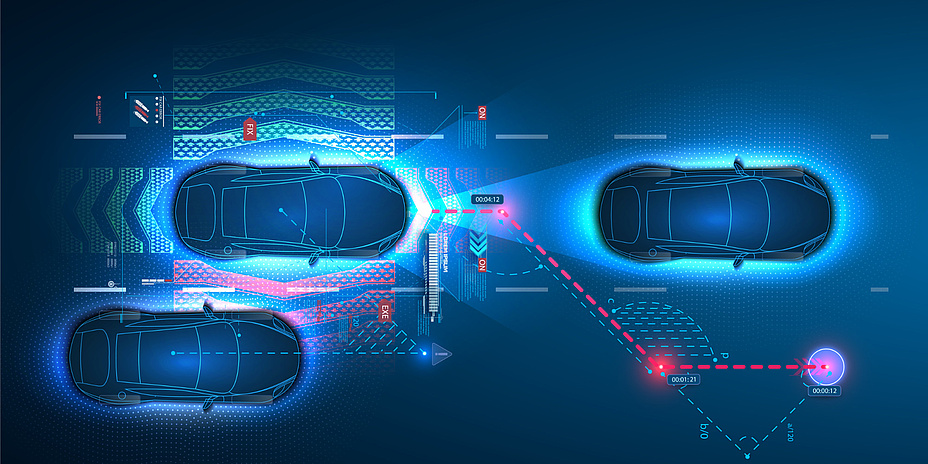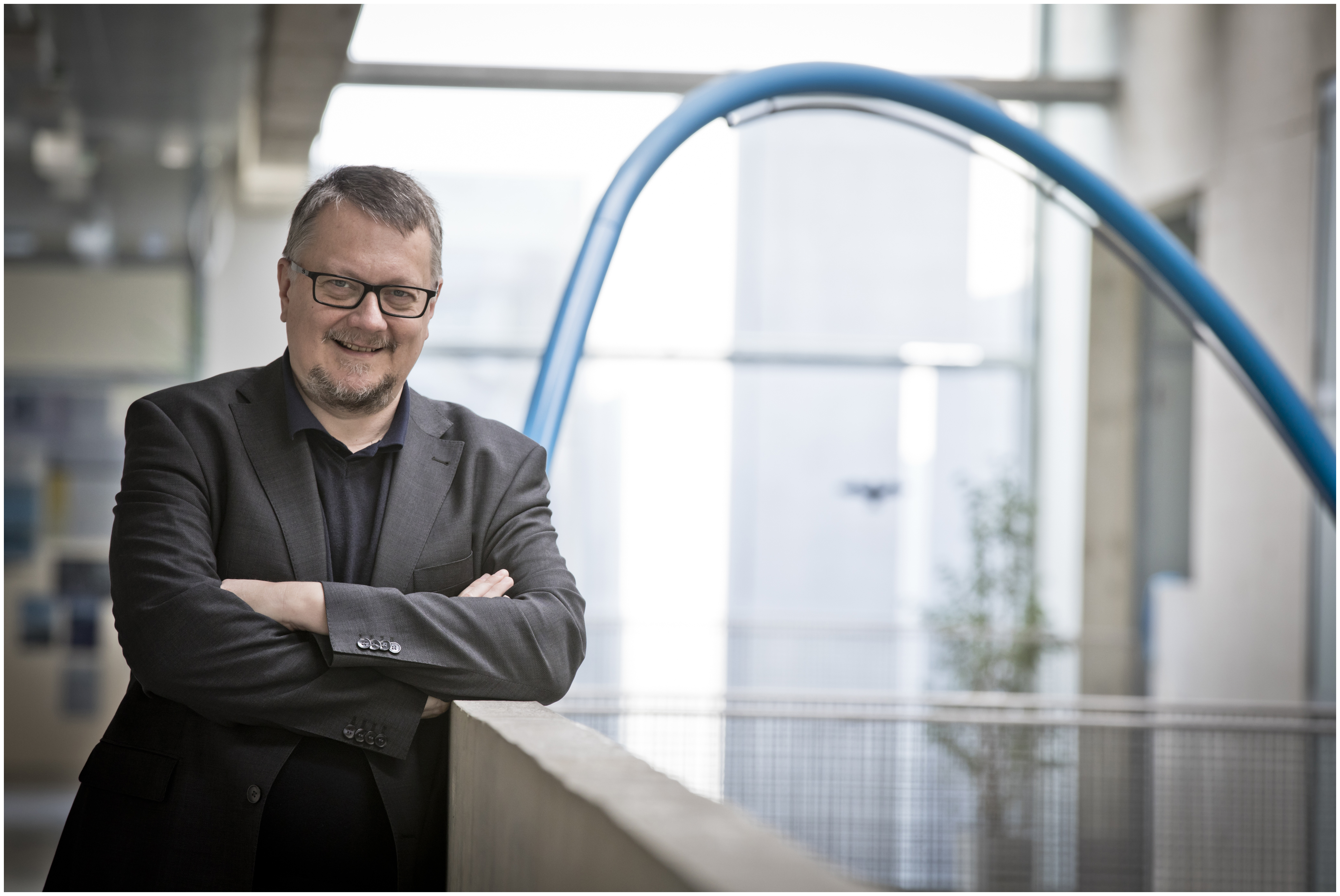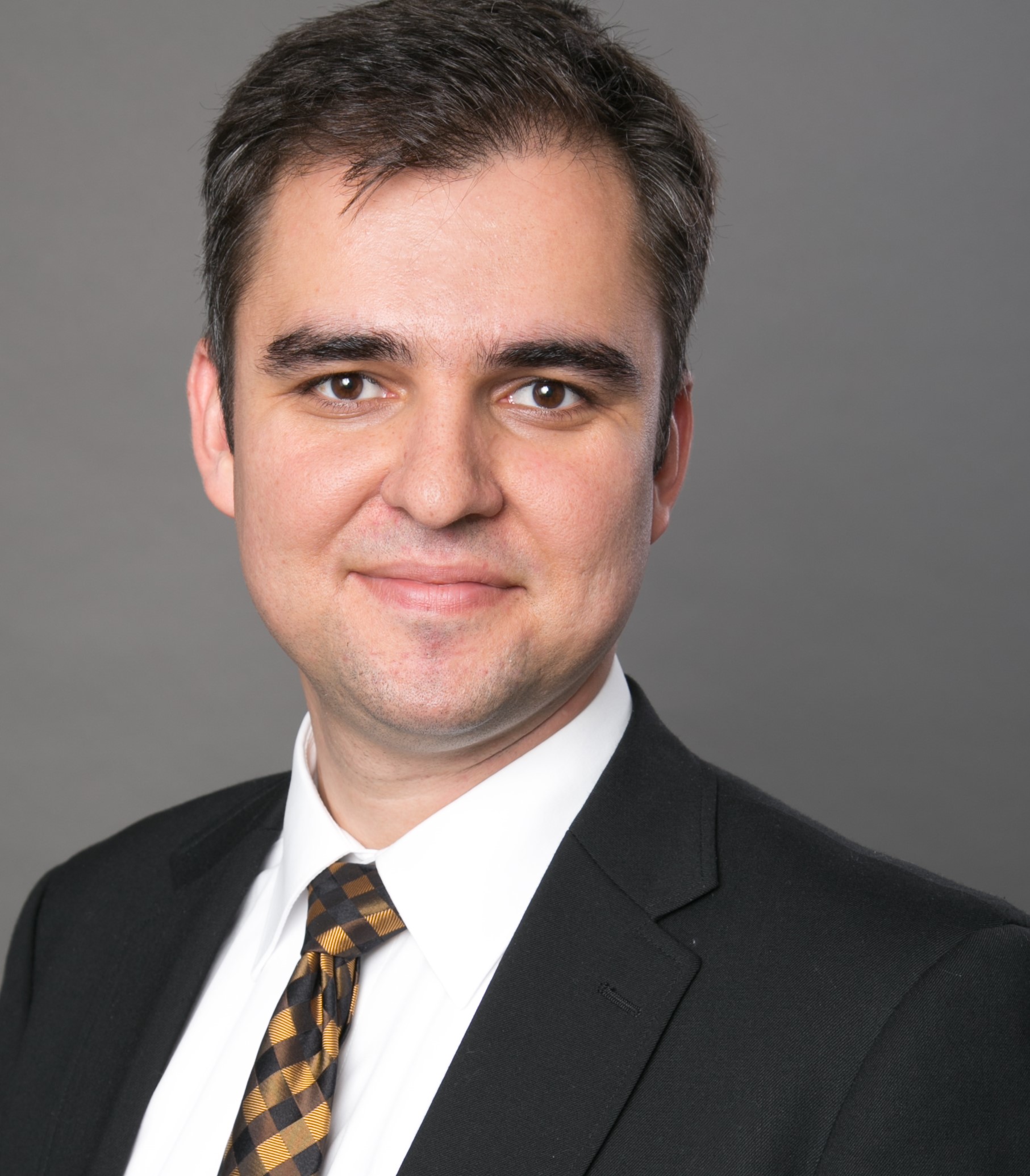From the Lab to the Street: How TU Graz is Making Driver Assistance Systems Safer

Intelligent speed assist, emergency brake assist, emergency lane assist, driver drowsiness alert, reversing assist, low concentration warning system or emergency brake lights – from July 2024, a whole range of safety and driver assistance systems will be mandatory for all new cars in the European Union. Since October 2017, the Christian Doppler Laboratory for Quality Assurance Methodologies for Autonomous Cyber-Physical Systems at Graz University of Technology (TU Graz) has been working with corporate partner AVL List GmbH to ensure that these systems work as intended and really provide greater safety. The laboratory team, led by Franz Wotawa from the Institute of Software Technology at TU Graz, used basic research to develop new methods to rule out sources of error in driver assistance systems in advance and analyse them during operation. Based on this, AVL was able to incorporate new methods and processes into its portfolio in the field of Advanced Driver Assistance Systems (ADAS).
Small deviations – big impact
Specifically, Franz Wotawa and his team had to face the challenge that even minor deviations in a certain traffic scenario can significantly influence the reaction of driver assistance systems. Since the systems should not have to learn these deviations during operation, a procedure was developed for the automated generation of test cases based on ontologies. Ontologies are descriptions of the environment in which the vehicle is located in the respective test case. These descriptions contain information about the existing road network, traffic lights, road signs and other vehicles or pedestrians.
To generate the test cases, the team adapted a search-based and a combinatorial test procedure and, building on this, linked the ontologies to an input model using an algorithm. This means, that automated test scenarios can be derived and run through even better and more comprehensively – regardless of the assistance or safety system being tested. For example, a number of undetected faults in an emergency braking assist were found during the tests, and these could then be analysed in more detail.
An eye on real conditions
Despite the sophisticated test procedures, it is still essential to keep an eye on operations in progress, as unforeseen situations can always occur. Here, the team compares collected car sensor data with the expected behaviour of the vehicles and tries to combine this using formalised knowledge about movements of objects. The focus here is on object recognition in order to formalise the movement of the object from a sequence of images by means of logical deduction. By tracking the objects over several image frames, they can be classified as potentially dangerous or harmless and the appropriate measures can be inferred – for example, whether a tree is being approached directly and needs to be avoided or whether the route will go past it safely. These findings are subsequently incorporated into updates to the assistance systems. In addition, the data from the experience gained in real operation can also be used to generate further test cases.
With frame-by-frame analysis in combination with a logic model for spatial perception, object recognition can also be improved and object movements that are not consistently recognised can be deduced. This is useful, for example, when an object is visible for a few frames but is not recognised for one frame due to reflections or a sensor error. An assistance system might think that there is no longer any danger in this area. Thanks to the logic model, however, the software infers that the object must still be there because it cannot simply disappear.
Quick knowledge transfer to industry
For Franz Wotawa, the results achieved so far by the CD lab, which will run until the end of September 2024, are proof that the combination of basic research with concrete applications by the corporate partner offers many advantages. “We have a very direct exchange with AVL. Each doctoral student also works five to ten hours a week in the company. As a result, we know exactly what the problems in industry are and can carry out basic research on this basis. On the other hand, knowledge is transferred to industry very quickly because research staff have direct access to AVL’s infrastructure. This has enabled us to jointly advance our research into the security of autonomous cyber-physical systems in a large manner,” explains Franz Wotawa.
Mihai Nica, global head of ADAS, Automated Driving and Connectivity at AVL, adds: “In the rapidly developing world of autonomous driving, AVL relies on innovative test methods. The application of AI gamification and ontology-based testing offers the opportunity to generate critical scenarios and test autonomous driving under extreme and complex conditions that are difficult to replicate in the real world. This is crucial to ensure the reliability and safety of the technology and helps to strengthen public confidence. This trust is crucial for the successful integration of autonomous vehicles into our transport networks of the future.”
This research is anchored in the Field of Expertise "Information, Communication & Computing", one of five strategic foci of TU Graz.
Would you like to receive the latest stories, news, research stories, interviews or blog posts from TU Graz directly on your smartphone or in your email inbox? Subscribe to the TU Graz Telegram newsletter free of charge.
Kontakt
Franz WOTAWA
Univ.-Prof. Dipl.-Ing. Dr.techn.
TU Graz | Institute of Software Technology
Phone: +43 316 873 5724, wotawa@tugraz.at
Mag. (FH) Falko SCHOKLITSCH
TU Graz | Communications and Marketing
Phone: +43 316 873 6066, falko.schoklitsch@tugraz.at
Mag. Christina KROPF
PR Manager
AVL List GmbH
Phone: +43 316 787 11079, christina.kropf@avl.com






